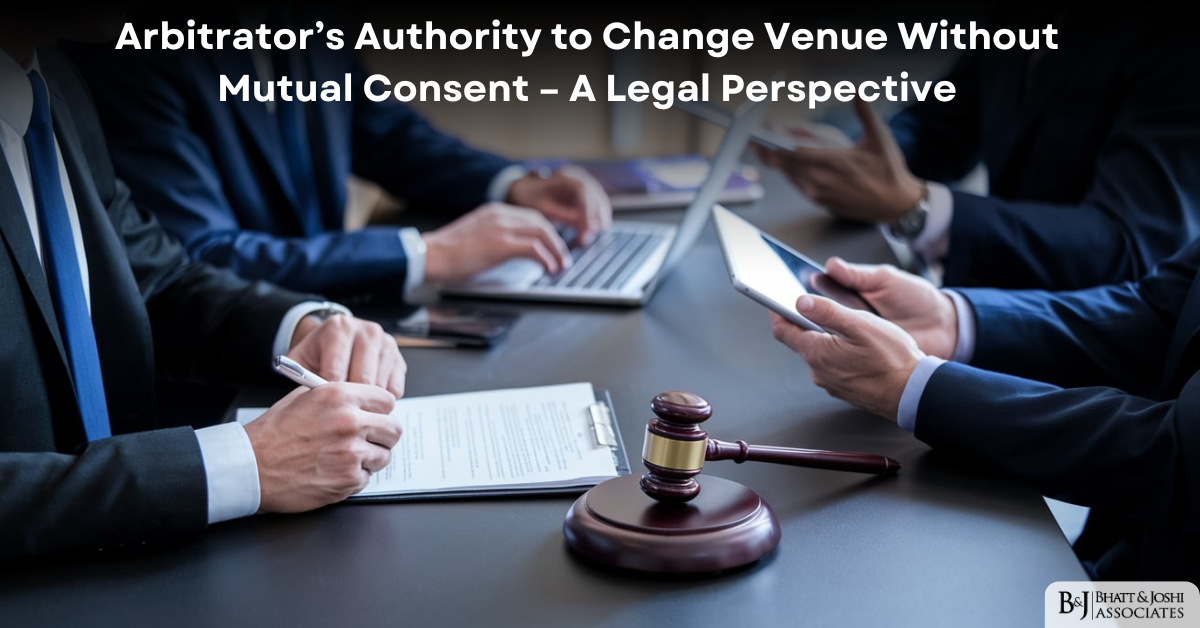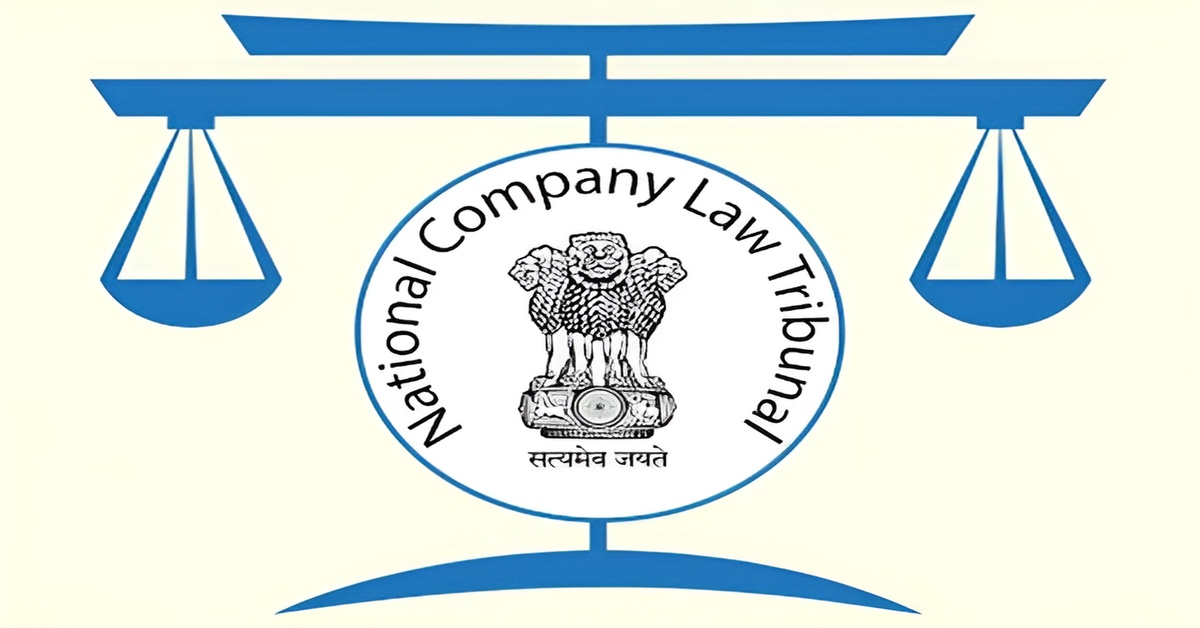Analyzing the Bombay High Court’s Judgment on Venue Change in Arbitration Proceedings

Introduction
The recent Bombay High Court judgment in Dhule Municipal Commissioner v. Borse Brothers Engineers and Contractors Pvt. Ltd. highlights a crucial aspect of arbitration law in India: whether an arbitrator can change venue for arbitration proceedings without the unanimous consent of all parties. This article explores the legal provisions, judicial precedents, and reasoning presented in this judgment, providing both general readers and legal professionals with an understanding of the arbitrator’s discretionary powers under the Arbitration and Conciliation Act, 1996.
Case Background
In Dhule Municipal Commissioner v. Borse Brothers Engineers and Contractors Pvt. Ltd. [(2024) ibclaw.in 1168 HC], the petitioner, Dhule Municipal Corporation, contested an order by the arbitrator that set the venue of arbitration at Aurangabad, contrary to the initially agreed-upon location of Dhule. The parties’ agreement stipulated Dhule as the venue for arbitration, but logistical issues and concerns about neutrality led the arbitrator to move proceedings to Aurangabad.
Legal Issues: Can an Arbitrator Change Venue Without Mutual Consent?
The case brought forth two primary legal questions:
- Does the arbitrator have the authority to change the agreed venue of arbitration without mutual consent?
- Under what conditions can an arbitrator exercise discretion to alter the venue, even if specified in the agreement?
Court’s Analysis and Findings
Understanding Section 20 of the Arbitration and Conciliation Act, 1996
Section 20 governs the “place of arbitration,” allowing parties the freedom to select the arbitration location. However, Section 20(3) provides flexibility by allowing the tribunal to hold meetings at any place it considers convenient for purposes like witness hearings or inspections, even if a specific location has been designated.
Court’s Observation on Section 20:
“Section 20(3) of the Act enables the arbitral tribunal, unless the parties have agreed otherwise, to meet at any place for consultation among its members, for hearing witnesses, experts, or parties, or for inspection of documents, goods, or property.” .
Venue vs. Seat of Arbitration
The judgment drew a distinction between the “seat” and “venue” of arbitration. The seat is the legal jurisdiction governing the arbitration, while the venue refers to the physical location where the proceedings are conducted. Here, the seat remained Dhule as per the agreement, but the venue was shifted to Aurangabad for procedural convenience and neutrality.
Court’s Interpretation:
“Even assuming that the venue is stipulated in the agreement, and the neutrality of venue comes in sharp focus on account of the dominant position of one of the parties at a particular venue… the arbitrator may shift the venue to an alternate location.” .
Arbitrator’s Discretion in Choosing Venue for Procedural Fairness
The Bombay High Court held that an arbitrator discharges quasi-judicial functions, granting them discretion to make procedural decisions that preserve the arbitration’s neutrality and efficiency. The arbitrator considered multiple factors, including past challenges faced by previous arbitrators in conducting proceedings at Dhule and concerns about undue influence at the specified venue. Consequently, shifting the venue to Aurangabad aimed to maintain procedural integrity and impartiality.
Relevant Precedents Cited:
- BBR (India) Private Limited v. S.P. Singla Constructions Private Limited (2022): The Supreme Court recognized the tribunal’s authority to determine venue when issues arise, supporting procedural fairness in arbitration.
- BGS SGS Soma JV v. NHPC Limited (2020): This case established that the seat of arbitration remains distinct from the venue, which can be modified for convenience without affecting jurisdiction.
- Lombard Engineering Limited v. Uttarakhand Jal Vidyut Nigam Limited (2023): The Supreme Court allowed deviation from a contractual venue when concerns about neutrality or procedural bias arose.
Judgment Excerpt:
“If the arbitrator determines that conducting arbitration proceedings at a particular venue is detrimental… considering the convenience of parties, the venue can be changed without affecting the arbitration process.” .
Conclusion: Key Takeaways from Bombay High Court on Arbitrator’s Venue Discretion
The Bombay High Court’s decision in Dhule Municipal Commissioner v. Borse Brothers Engineers and Contractors Pvt. Ltd. sets a significant precedent, affirming that:
- Venue Flexibility for Procedural Fairness: Arbitrators may change the venue of arbitration when the integrity of proceedings is at risk or when logistical issues make the agreed venue impractical.
- Distinction Between Seat and Venue: While the seat governs jurisdiction, the venue is a logistical aspect that can be adapted to ensure impartial and efficient arbitration.
- Limits on Arbitrator’s Discretion: Arbitrators must exercise venue modification judiciously, ensuring neutrality and convenience for all parties.
This judgment is vital for both arbitrators and contracting parties, underscoring the arbitrator’s role in balancing procedural fairness with the contractual agreement on venue, especially in scenarios where neutrality and efficiency might be compromised.













